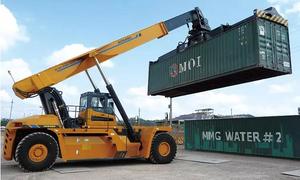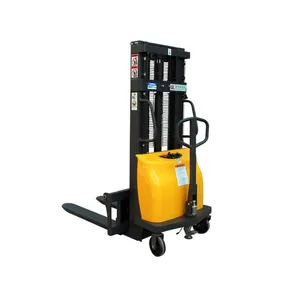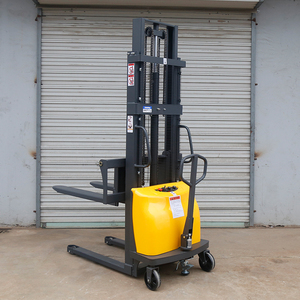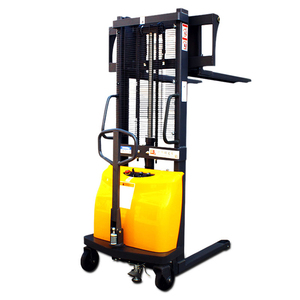Introduction to Reach Stackers
A reach stacker is an essential piece of heavy machinery used primarily in container handling operations at ports, warehouses, and distribution centers. They enable efficient stacking and transportation of shipping containers, enhancing productivity in logistics and supply chain management. The design of a reach stacker allows for precise maneuvering and lifting capabilities, making them invaluable in environments where space is limited and operational efficiency is key.
Types of Reach Stackers
There are several types of reach stackers that cater to different operational needs:
- Standard Reach Stackers: These are the most widely used models, ideal for general container handling.
- Empty Container Reach Stackers: Specifically designed for stacking empty containers high, maximizing space.
- Heavy-Duty Reach Stackers: Built to handle heavier loads, suited for more robust operational needs.
- Specialized Reach Stackers: Custom-designed for specific applications, such as handling oversized or specialized cargo.
Applications of Reach Stackers
Reach stackers play a crucial role in various sectors. Here are some common applications:
- Port Operations: Used for loading and unloading containers from ships, facilitating efficient cargo transfer.
- Warehousing: Ideal for managing inventory and maximizing storage space by stacking containers vertically.
- Distribution Centers: Help in the rapid movement of goods, ensuring quick turnaround times in shipping operations.
- Construction Sites: Assist in transporting construction materials and equipment efficiently.
Features and Advantages of Reach Stackers
When investing in a reach stacker, understanding its features and advantages is paramount:
- High Lifting Capacity: Capable of lifting and stacking containers weighing several tons.
- Maneuverability: Designed for tight spaces, providing excellent turning radius and operational flexibility.
- Advanced Technology: Many reach stackers come equipped with sophisticated control systems for enhanced precision and safety.
- Durable Construction: Made with high-quality materials designed to withstand harsh industrial environments.
- Cost Efficiency: Optimizes container handling, reducing operational costs and improving productivity.
How to Choose the Right Reach Stacker
Selecting the right reach stacker involves evaluating several key factors:
- Load Capacity: Assess the maximum weight your operations require to determine the appropriate lifting capacity.
- Operating Environment: Consider the specific space constraints and conditions where the reach stacker will be used.
- Fuel Type: Decide between diesel, electric, or hybrid options based on your efficiency needs and environmental policies.
- Maintenance Requirements: Evaluate the maintenance demands and availability of service for different models.
- Cost vs. Benefit: Analyze the initial purchase price against the anticipated productivity gains and operational savings.
































































































































































































